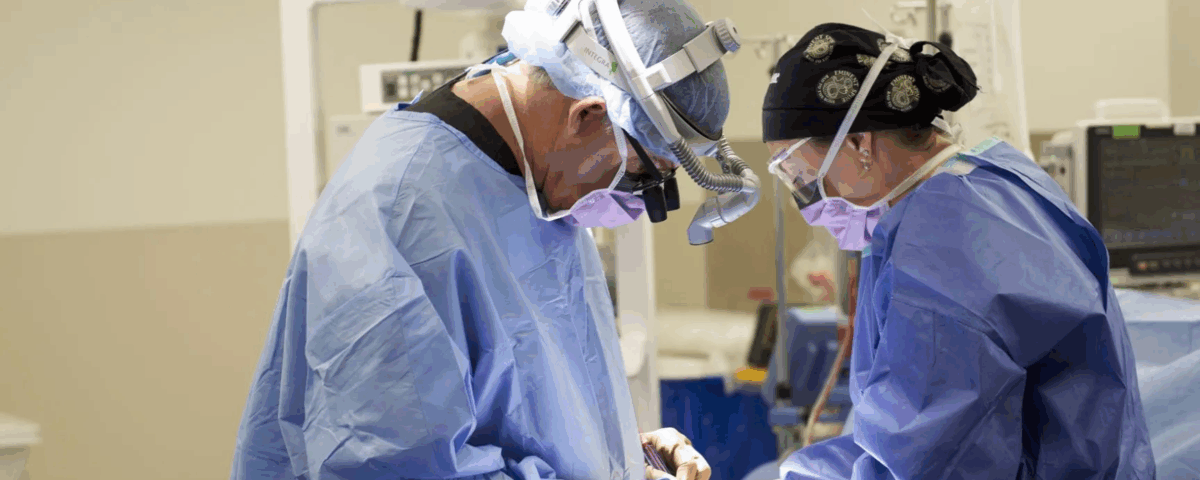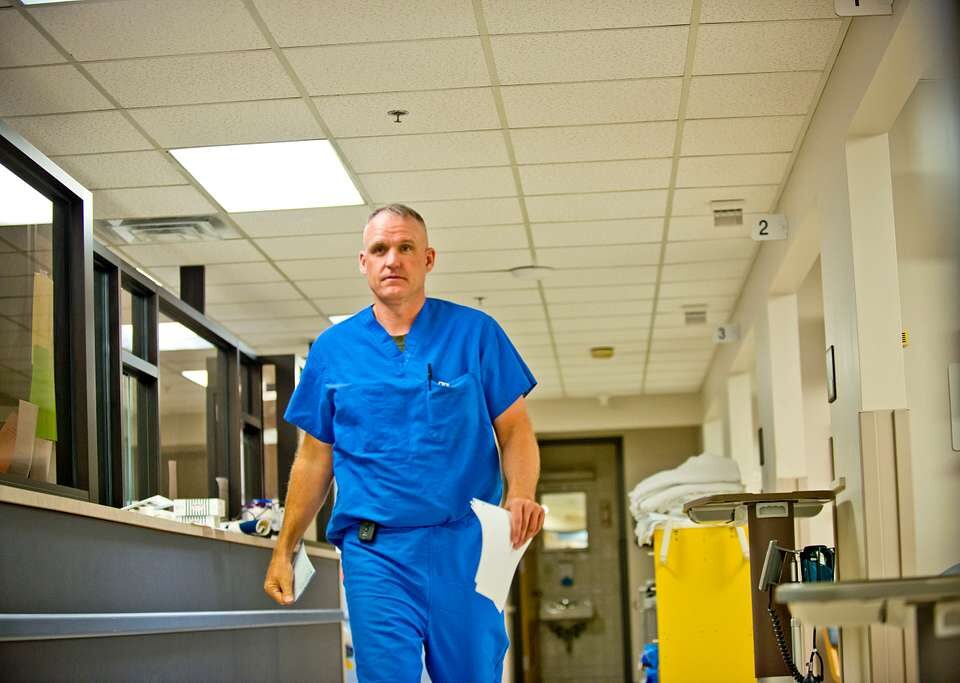
Best Orthopedic Doctors for Knee and Joint Pain Relief
August 12, 2025
Podiatry Tips for Treating Plantar Fasciitis at Home
August 12, 2025Orthopedic surgery, whether it’s for a knee replacement, a broken bone, or a ligament repair, can be life-changing. It often restores mobility, reduces pain, and allows people to get back to their normal activities. However, the success of the surgery doesn’t just depend on what happens in the operating room—it also depends on the recovery process.
Recovering from orthopedic surgery requires patience, proper care, and a set of smart lifestyle choices. If you want to get back on your feet faster and avoid unnecessary complications, you need to follow a clear plan. Let’s explore practical and proven tips for a smooth recovery.
1. Follow Your Doctor’s Instructions Carefully
The first and most important step is to listen to your surgeon and follow all post-surgery guidelines. These instructions are tailored to your specific condition, type of surgery, and overall health.
- Take prescribed medications on time.
- Follow the recommended physical activity limits.
- Attend all follow-up appointments.
Ignoring medical advice can lead to delays in healing or even complications that require additional treatment.
2. Prioritize Rest but Avoid Complete Inactivity
Rest is essential for healing, especially in the first few days after surgery. Your body needs energy to repair tissues and reduce inflammation. However, complete inactivity can lead to stiffness, muscle weakness, and poor circulation.
- Short, gentle movements (as recommended by your doctor or physiotherapist) help improve blood flow and prevent blood clots.
- Gradually increase your activity level as your recovery progresses.
3. Commit to Physical Therapy
Physical therapy is one of the most critical parts of orthopedic recovery. Your therapist will guide you through exercises that strengthen muscles, restore flexibility, and improve balance.
- Start physical therapy as soon as your doctor approves.
- Be consistent—skipping sessions can delay your progress.
- Practice at home as instructed by your therapist.
Many patients notice that their recovery speeds up once they follow a disciplined rehab plan.
4. Eat a Nutrient-Rich Diet
Nutrition plays a huge role in healing. Your body needs the right vitamins, minerals, and proteins to rebuild tissues and fight inflammation.
- Protein (chicken, fish, beans) helps in tissue repair.
- Vitamin C (oranges, bell peppers) supports collagen production.
- Calcium & Vitamin D (milk, yogurt, leafy greens) strengthen bones.
- Omega-3 fatty acids (salmon, walnuts) reduce inflammation.
Avoid processed foods, excess sugar, and alcohol, as they can slow healing.
5. Keep the Surgical Site Clean and Protected
Infections can significantly delay recovery. Always follow wound care instructions given by your healthcare provider.
- Wash hands before touching the surgical site or dressing.
- Change bandages as recommended.
- Watch for signs of infection: redness, swelling, warmth, or unusual discharge.
If you notice anything unusual, contact your doctor immediately.
6. Manage Pain Effectively
Pain is a natural part of the healing process, but if it’s not managed well, it can limit movement and slow recovery.
- Take pain medications as prescribed—don’t wait until pain becomes unbearable.
- Try cold packs to reduce swelling and discomfort.
- Practice deep breathing or meditation to help cope with discomfort naturally.
7. Stay Hydrated
Hydration supports circulation, nutrient transport, and overall recovery. Water also helps flush out toxins from medications and anesthesia. Aim for 8–10 glasses of water daily, unless your doctor recommends otherwise.
8. Use Assistive Devices Properly
Crutches, walkers, or braces can help prevent further injury during recovery.
- Learn the correct way to use them from your therapist.
- Avoid skipping their use too soon, as it could put stress on healing tissues.
9. Monitor Your Progress
Keep track of your recovery milestones. Noticing small improvements, like increased mobility or reduced swelling, can boost motivation.
If you feel your recovery is slower than expected, discuss it with your doctor—sometimes adjustments in therapy or medication are needed.
10. Stay Positive and Patient
Mental health is just as important as physical healing. Frustration or impatience can lead to overexertion, which risks injury. Surround yourself with supportive people, set realistic goals, and remember that every small step is progress.
Common Mistakes to Avoid
While recovering, many people unintentionally slow their healing by:
- Overdoing exercise too soon.
- Skipping follow-up appointments.
- Ignoring pain signals from the body.
- Not eating a balanced diet.
- Neglecting wound care.
Avoiding these mistakes can make your recovery smoother and faster.
Sample Recovery Timeline
While every patient is different, here’s a general idea:
- Week 1–2: Focus on rest, pain management, and gentle movement.
- Week 3–6: Begin physical therapy, increase light activities.
- Week 7–12: Gradually return to normal daily activities.
- After 3 months: Most patients regain significant mobility, though full recovery may take 6–12 months depending on the surgery.
5 FAQs About Recovering from Orthopedic Surgery
1. How long does it take to fully recover from orthopedic surgery?
Recovery time varies depending on the type of surgery, age, and overall health. Minor procedures may take 6–8 weeks, while major surgeries like joint replacements can take 6 months or longer.
2. Can I speed up my recovery with supplements?
Some supplements like Vitamin D, calcium, and Omega-3 may help, but you should consult your doctor before starting any new supplement to ensure it’s safe for your condition.
3. When can I return to work after orthopedic surgery?
It depends on your job type and recovery progress. Sedentary jobs may allow a return in a few weeks, while physically demanding jobs might require several months.
4. Is it normal to have swelling for weeks after surgery?
Yes, mild swelling can persist for weeks or even months. However, if swelling worsens suddenly, seek medical advice.
5. What should I do if I miss a physical therapy session?
Try to reschedule as soon as possible. Consistency in therapy is vital for optimal recovery.





